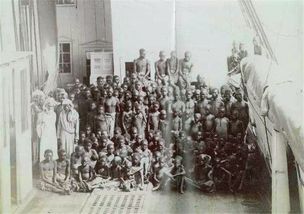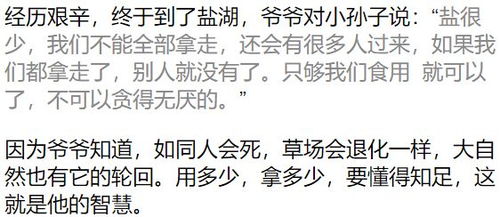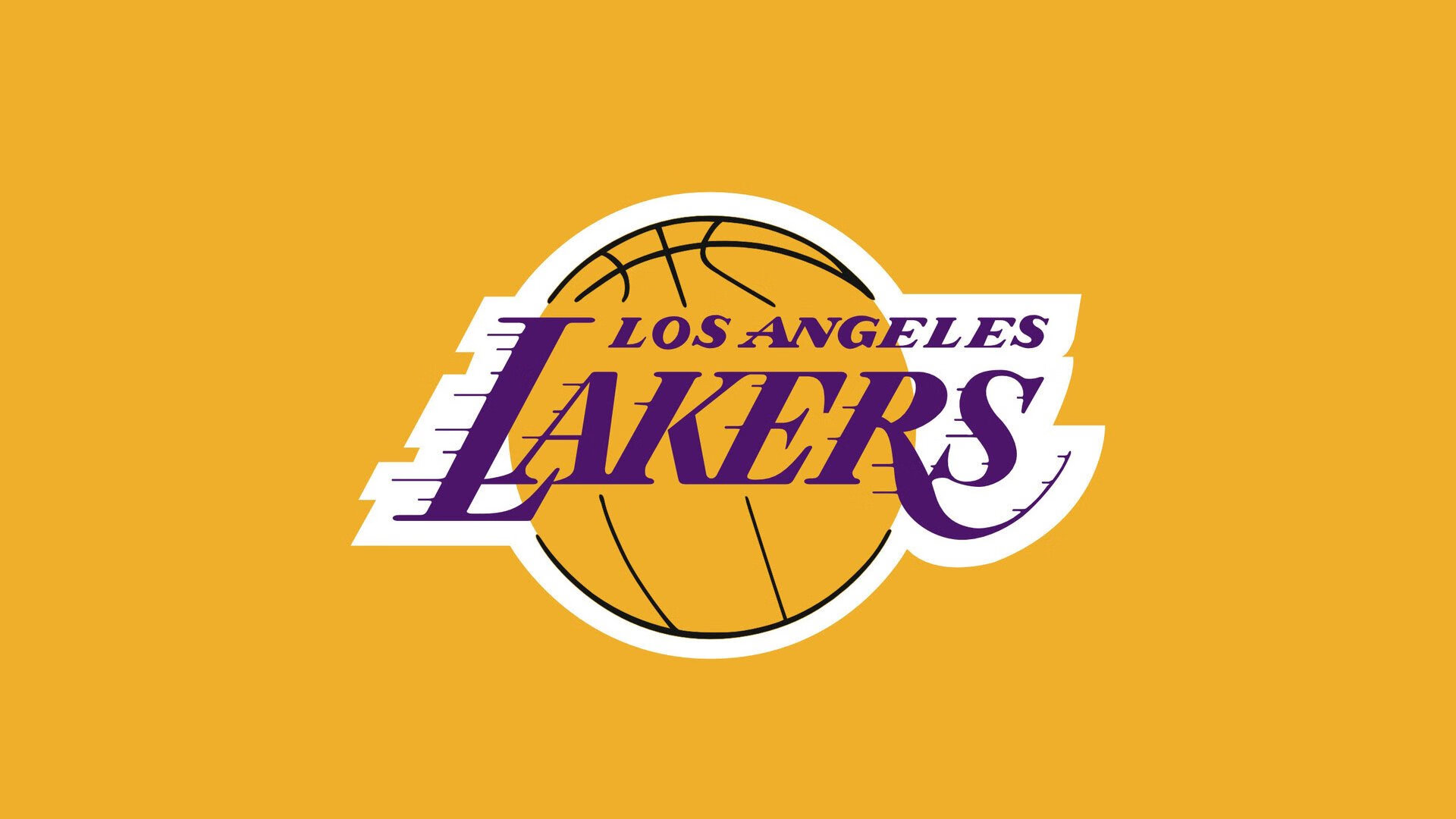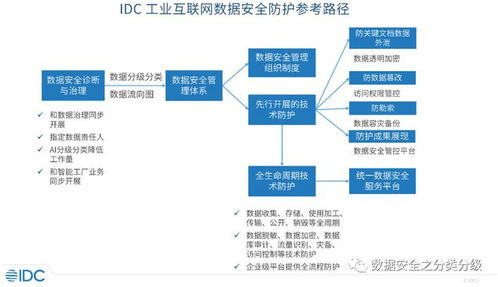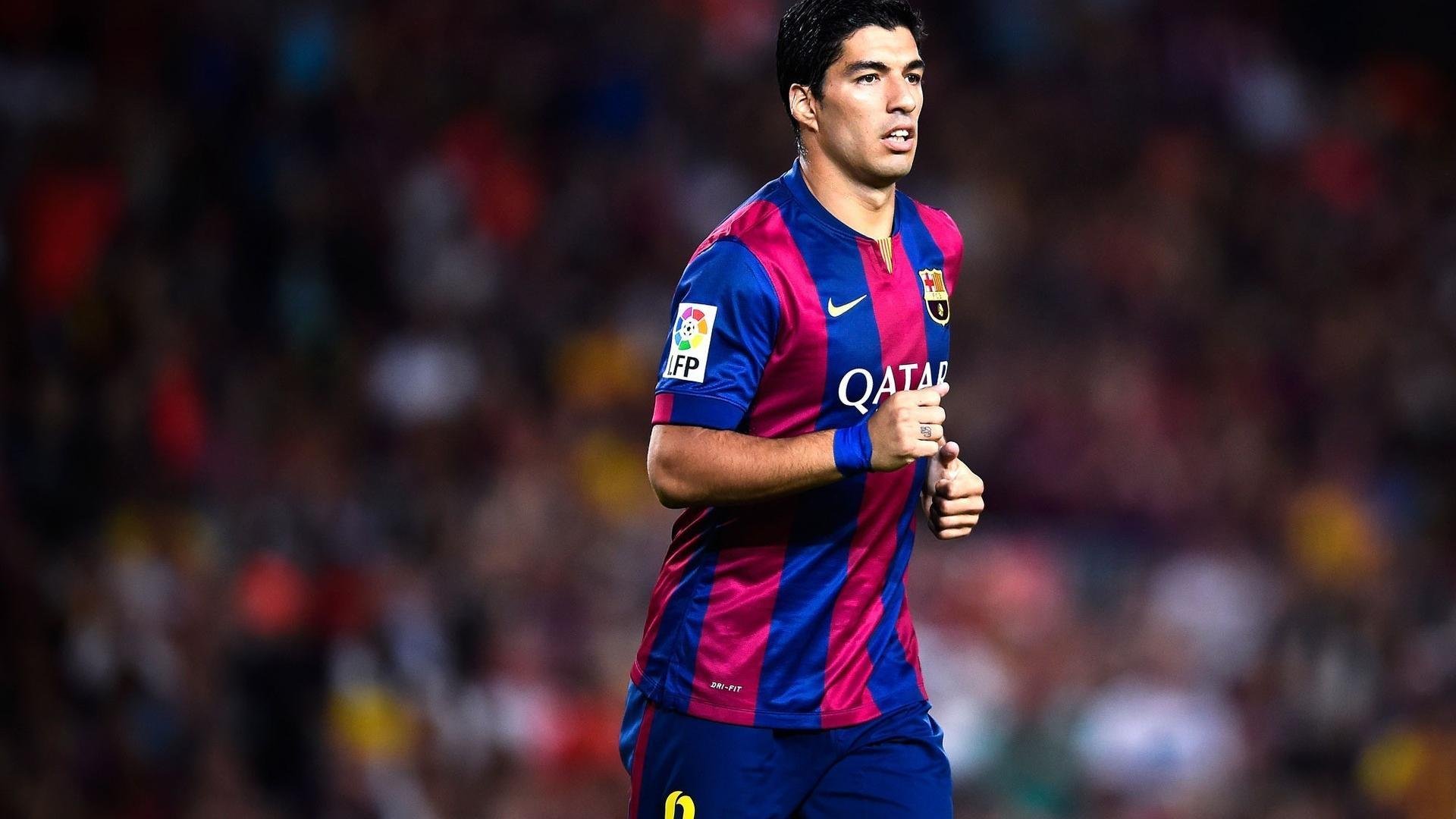Football Goalkeeper: The Heart of the Defense
The role of a football goalkeeper is often overlooked, yet they are the linchpin of any successful team. As the last line of defense, they are responsible for preventing the opposing team from scoring. This article will delve into the various aspects of a football goalkeeper, from their physical attributes to their mental toughness.
Physical Attributes

Being a football goalkeeper requires a unique set of physical attributes. Here are some of the key qualities that make a great goalkeeper:
| Attribute | Description |
|---|---|
| Height | Goalkeepers are typically taller than other players, which gives them a better view of the goal and allows them to reach higher balls. |
| Speed | Quick reflexes and agility are crucial for a goalkeeper to react to shots and crosses. |
| Strength | Strong hands and legs are essential for making saves and maintaining position. |
| Stamina | Goalkeepers must be able to endure the full 90 minutes of a match, often without a break. |
These physical attributes are just the foundation, though. A great goalkeeper must also have the technical skills to back them up.
Technical Skills

Goalkeepers need a wide range of technical skills to be effective. Here are some of the most important ones:
Hand-eye coordination: The ability to track the ball with their eyes and catch it with their hands is crucial.
Footwork: Goalkeepers must be able to move quickly and efficiently around the goal to block shots and intercept crosses.
Positioning: A good goalkeeper knows where to be at any given moment to prevent the ball from entering the net.
Communication: Goalkeepers must communicate effectively with their defenders to organize the defense and avoid confusion.
These skills are honed through years of training and practice, and they are essential for a goalkeeper to be successful.
Mental Toughness
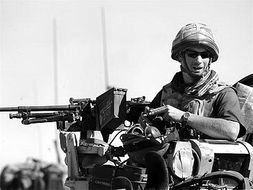
In addition to physical and technical skills, a great goalkeeper must possess mental toughness. Here are some key mental attributes:
Confidence: A goalkeeper must be confident in their abilities to make saves and prevent goals.
Resilience: Goalkeepers face a lot of pressure, and they must be able to bounce back from mistakes.
Focus: A goalkeeper must remain focused throughout the entire match, even when things are not going well.
Leadership: Goalkeepers often take on a leadership role within the team, guiding and motivating their teammates.
Mental toughness is what separates the great goalkeepers from the good ones. It allows them to perform at their best, even under immense pressure.
Training and Development
Becoming a great goalkeeper requires a lot of hard work and dedication. Here are some key aspects of training and development:
Technical training: Goalkeepers must practice their technical skills regularly, including catching, diving, and positioning.
Physical training: Goalkeepers need to maintain their physical fitness through strength and conditioning exercises.
Psychological training: Goalkeepers must work on their mental toughness through visualization, relaxation techniques, and other psychological tools.
Game experience: Playing in matches is crucial for a goalkeeper to gain experience and improve their performance.
Goalkeepers often start their training at a young age, and it takes years of hard work to reach the top level.
Conclusion
The role of a football goalkeeper is vital to the success of any team. With their unique combination of physical attributes, technical skills, and mental toughness, goalkeepers are the heart of the defense. Whether you are a aspiring goalkeeper or simply a fan of the game, understanding the role and responsibilities of a goalkeeper can enhance your appreciation for this fascinating position.

